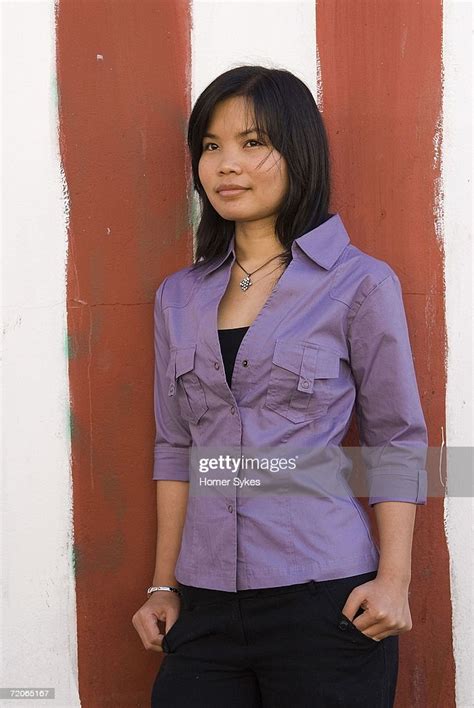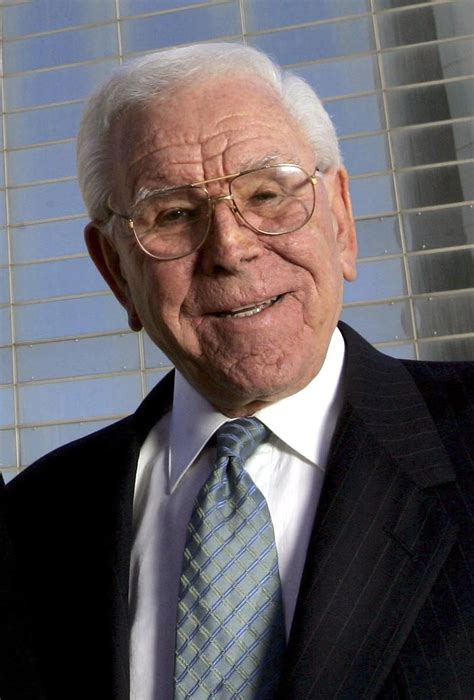A Quote by Henry Rosovsky
I draw a contrast between American shared governance with "the dictatorship of ministries" wherein policy and direction for the university is ordered by bureaucrats who have never taught a class.
Related Quotes
If we want to identify the great success of American research universities, and that success goes far beyond Harvard, we have to come back to the question of governance. Excellence requires a firewall between trusteeship, or government ministries, and the academic decision-making process. This American concept of shared governance wherein the faculty are engaged in running the university as part of a collaboration with the other stakeholders.
Like Hillary Clinton in the United States, Kuczynski is a prototypical member of the trans-American governing class, with deep roots in both the private and public sector and its revolving-door relationship between Washington think tanks, the State Department, and high-level Latin American ministries.
There are those who would draw a sharp line between power politics and a principled foreign policy based on values. This polarized view - you are either a realist or devoted to norms and values - may be just fine in academic debate, but it is a disaster for American foreign policy. American values are universal.
Shared governance is often the critical element that is missing in Asian universities, no matter how talented the faculty may be. Either it is ministries of education that are trying to run things, or in private institutions - those who control the funds. Neither group knows much about teaching and research.
I think it's very important to remember that so much of the work that gets done between countries is not done at the level of presidents, but is done within various agencies, whether it's law enforcement or economic ministries. And when they establish relationships and systems of communications and shared projects and shared visions, those structures continue even after any particular president is gone. It builds trust and understanding between countries that are critically important.
In fact, it is the dictatorship's policy that isolates the people of Burma while it reaches out to different countries every year and opens new embassies around the world. It is the dictatorship's policy that kills civilians and makes people poor. As long as the dictatorship is in power, foreign trade and investment in Burma will not benefit people. Instead, it will end up fueling the oppression in Burma.
I was a trial lawyer. At the same time, I was a teacher. I taught about the political and social content of film for American University. Then I left and became a teacher at the University of California at Santa Cruz. I taught about the political and social content of film, but I also taught a course in law for undergraduates.




























